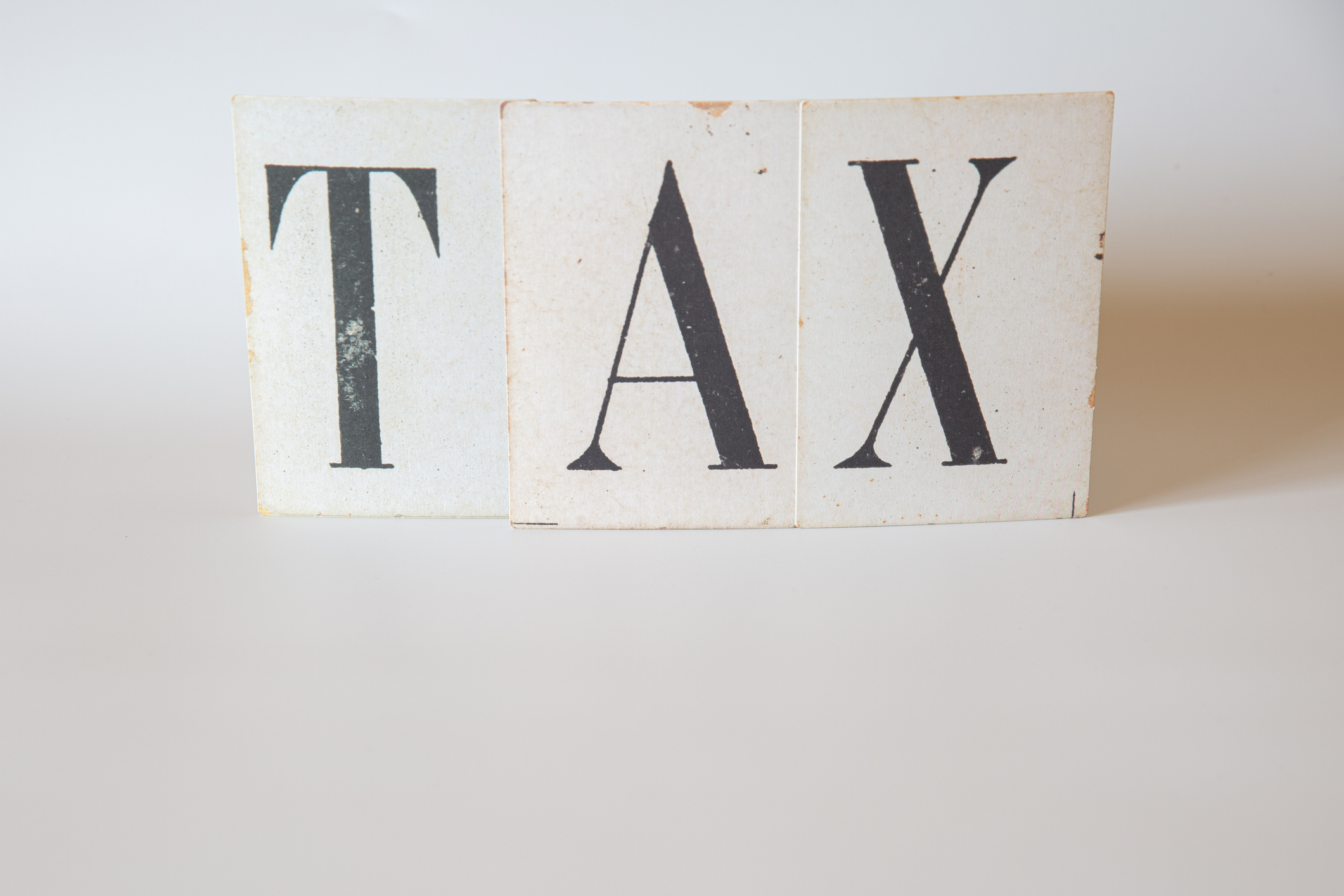
Time has flown since last week when the U.S. Supreme Court upheld a law that would effectively have banned TikTok by January 19 unless ByteDance sells the app. Since then, TikTok was granted a 75-day extension (more on that later), but before that happened, some creators threatened a controversial response: refusing to pay their taxes.
Several influencers took to the platform to voice their intentions:
"If the government bans TikTok, I'm not gonna pay my taxes. TikTok is my job, alright. I get money from this," declared Spencer Hudson in a video that has since gone viral.
TikToker Patricia Walker echoed this sentiment, questioning, "My place of employment no longer exists. What taxes? Uncle Sam, I'm sorry to tell you this, but what money?"
These and other TikTok users argue that if the government eliminates their primary source of income, it shouldn't expect to collect taxes from earnings that no longer exist.
With 170 million U.S. users, data show TikTok generated $18.49 billion in net advertising revenue in 2024. Top creators can earn substantial amounts, in at least one case, reportedly up to $23 million a year.
But while a TikTok ban, if it ever comes to fruition, could devastate some people’s livelihoods, not paying taxes isn’t an option. Here’s more of what you should know.
TikTok tax revolt erupts: ‘I’m not gonna pay my taxes’
A bipartisan law requires TikTok's Chinese parent company, ByteDance, to divest its ownership or face a ban from operating in the U.S. This legislation was supposed to take effect January 19, President Biden's last full day in office, coinciding with President-elect Trump's inauguration.
As Kiplinger has reported, on January 10, the U.S. Supreme Court upheld the potential nationwide TikTok ban, which could have dramatically altered the app's future in the U.S. and the lives and livelihoods of millions of users and content creators.
Key considerations for the court included whether the law infringes on First Amendment rights by limiting free speech for TikTok users and creators and if the government's national security concerns about data access and content manipulation by the Chinese government justified the ban.
Related: TikTok and the Supreme Court: Five Key Facts to Know
Not long after the Supreme Court affirmed the ban, several TikTok creators said they couldn't or wouldn't pay their taxes.
Influencer @itsnickholiday posted a video saying, “If they ban this app, we are not paying taxes this year.” This creator added, “Besides the fact that rent is at an all-time high and so is food and so is gas prices, the people that are in charge of banning this app are literally paid by our taxes.”
In a flurry of activity, TikTok has since been restored after becoming "temporarily available" for less than a day and Trump issued an executive order extending the ban deadline by 75 days. But the message here is that unfortunately, tax obligations don't disappear simply because a particular platform or business shuts down. The IRS requires individuals to report all taxable income, regardless of its source.
Some creators worried that without access to TikTok, they wouldn't be able to retrieve their tax documents because they say their 1099s are uploaded to the app.
As @michellebellexo expressed, "...How will they know what I earned? They won't. They simply won't know."
It's worth noting that financial institutions and payment processors, not just TikTok itself, maintain earnings records and are required to report earnings to the IRS and taxpayers via a 1099-K form.
What happens if you don’t pay taxes?
The consequences of failing to report income or pay taxes can be significant, including penalties, interest charges, and potential legal action. The IRS has various methods to track unreported income, and deliberate tax evasion can lead to criminal charges.
Also, the threatened tax boycott doesn't account for income earned before any potential ban. Taxes on 2024 earnings, for instance, would still be due in April 2025, regardless of TikTok's status.
- Creators must report all taxable income from TikTok, including sponsorships, Creator Fund payments, virtual gifts, and advertising revenue.
- Many TikTok creators are self-employed, meaning they're responsible for income and self-employment taxes, often requiring quarterly estimated tax payments.
- To help offset this tax burden, creators can generally deduct reasonable and necessary business expenses, which, in some cases, can significantly reduce tax burden.
TikTok's Future: Bottom line
As mentioned, not long after his inaguration, President Trump, who previously supported banning TikTok, issued an executive order to extend the ban deadline by 75 days.
This reportedly allows his administration time to negotiate a potential sale or alternative solution. However, the law requires significant progress toward a pending sale to support such an extension.
Meanwhile, on Saturday, January 18, TikTok posted the following message for users:
"We regret that a U.S. law banning TikTok will take effect on January 19 and force us to make our services temporarily unavailable. We're working to restore our service in the U.S. as soon as possible, and we appreciate your support. Please stay tuned."
But then, not long afterward, TikTok appeared to be restored as this message, prematurely thanking Trump, was posted:
"In agreement with our service providers, TikTok is in the process of restoring service. We thank President Trump for providing the necessary clarity and assurance to our service providers that they will face no penalties providing TikTok to over 170 million Americans and allowing over 7 million small businesses to thrive," the company said in a statement. "It's a strong stand for the First Amendment and against arbitrary censorship. We will work with President Trump on a long-term solution that keeps TikTok in the United States."
Whatever ultimately happens with TikTok, creators' frustration regarding the platform is understandable. But it's important to focus on tax strategies that don’t involve tax evasion.
Consider diversifying your income streams, exploring alternative platforms, and consulting tax professionals and financial advisors to navigate the transition if the app is ultimately banned in the U.S.







